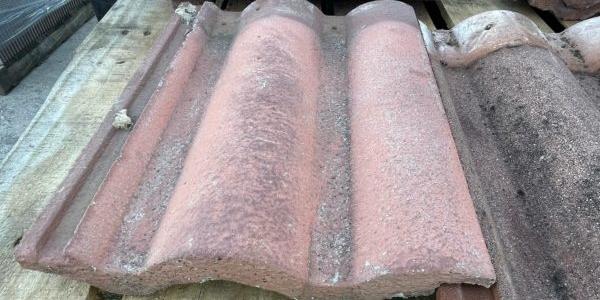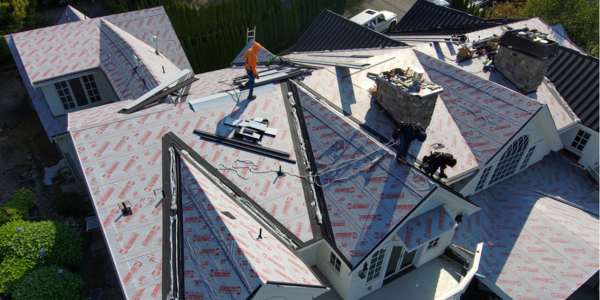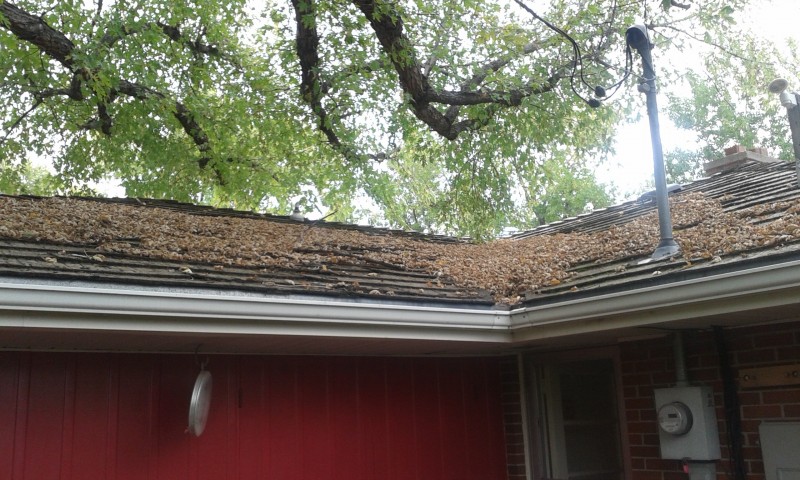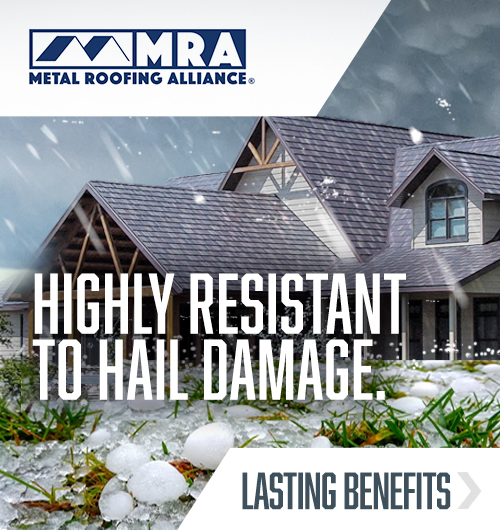7 Causes of Damaged Roof Tiles

By All Points.
Here is a compilation of reasons why you might need to be replacing your roof tiles.
There are a myriad of reasons to choose tiles for your roof, be it their longer lifespan than asphalt or that the material will increase your property value. That being said, no roofing material is invincible. Here are some of the top causes why you might need to replace your roof tile. When you need to replace your tile for any of these reasons, call All Points. They make it easy to simply replace the few bits of damaged tile.
1 - Wind, hail and rain
By far the leading cause of broken roof tiles is that wind, hail and torrential rain, from powerful storms damages tile, leaving a headache for property owners to deal with. Typically, wind damage causes tiles to cleanly split a tile horizontally, cause a tile to slide out of place, or tear small chips from the corners of the tiles. Wind can also rip branches off nearby trees, and cause heavy limbs to crash onto tile, leaving what was affected to appear shattered. Hail damage appears in the form of a smashed tile, as if it has been struck by the head of a hammer. If either of these forms of damage has occurred, long and heavy rainstorms can drastically increase the probability of a leak in the roof. After a rainstorm, it is critical to have every room of the property examined, as well as the attic, checking for leaks. In addition, checking the roof tiles themselves, and understanding the tell-tale signs of roof damage will help prevent long-term periods of the roof being susceptible to harsh weather.
2 - Installation issues
To begin our list of non-weather-related causes for damaged roof tiles, installation must be the leader because of the frequency of visits and volume of material needed for repairs. There are several reasons costly repairs occur from installation issues, but the three most common issues we find are that tiles are fastened down too hard, improper work leading to the replacement of dry-in metal, or flashings, and poor mud work on hips and ridges.
When roof tile is excessively fastened, the tile becomes more susceptible to wind, and foot (walking) damage because the tile cannot move when force is applied. When the screw or nail is too tight, there is no space for the tile to slightly move to avoid breakage when wind or foot traffic moves the tiles. Small potato-chip-sized chips are notorious to break off when an external force is applied. An unfortunate, but common cause of roof tile damage, nonetheless.
Unsatisfactory work completed when installing metal is also a common cause of roof tile damage. If there is an issue with how metal was installed, it requires the tile covering the metal to be taken up to replace the metal, typically resulting in breaking the tile to do so. Common areas where metal work may be at-risk would be the eave closure, chimneys, sunroofs, valleys and vents.
It is typical for us to see customers need repair tile because of cement on the hips or ridges cracked, causing leaks, therefore leading to the tile covering the leak to be ripped apart, and unfortunately resulting in broken tiles.
3 - Pressure washing
Pressure washing-related damages is near the top of our list because of how frequently customers mention this as the need for repair material. The damage doesn’t normally occur from the pressure washing itself but walking around the roof itself, with or without heavy equipment. There is always a risk of breaking tile when walking on a roof no matter how careful. Performing a walk-around check-up of the roof during and after pressure washing work is being done can help reduce there being broken tile on the roof for very long.
4 - Golf balls
This is one of the more unfortunate causes of damage we frequently hear about because it is seemingly unavoidable. It is not uncommon for a homeowner that lives near a golf course to need upwards of 30 pieces of repair tile because of repetitive impacts from golf balls on their roof. Homeowners near golf courses will have to more frequently check their roof for damage to help avoid prolonged periods of shattered tiles decreasing the protective qualities and aesthetic of their roof.
5 - Tree trimming
While less common than the impact of golf balls, this is still a cause of damage that occurs more frequently than one would expect. It is impossible to predict how a branch will fall after it has been cut, and sometimes because of this, a cut branch will clip the side of one’s roof. We often see gable tile most frequently purchased from tree trimming-related damage because the branches typically get trimmed as they reach one’s house, not long after. It is typically very easy to notice if roof tile has been damaged from a tree branch hitting the house, but it is still recommended to check after work has been completed.
6 - Complete roof tile re-glazing
Somewhat like the cause to pressure washing-related damage, but with a much less frequent occurrence, re-painting a roof can lead to damaged tiles. This is because of walking on the tiles several times to apply multiple coats of paint. The overall volume of steps on the tile increases the likelihood of broken tile. It is more difficult to see if tile has been broken after painting has been completed because the paint is normally applied thick enough that it can act as “glue,” at least until the first storm comes and opens the damage back up.
7 - Gutter replacement
Rounding out our list of common causes for broken roof tile is damage caused by replacing gutters. Depending on how the gutters were originally installed, it may be difficult for the gutters to effortlessly be detached from the house, thus increasing the risk of breaking a tile on the eave of the roof. The amount of broken tile resulting from gutter replacement is often very low, but occurs frequently enough to make its way on our list.
Have a question? AskARoofer.
Find your local roofing contractor in the RoofersCoffeeShop® Contractor Directory.
Original article source: All Points
Disclaimer: The information provided on AskARoofer.com or information sent by emails is the opinion of the writers. It is the responsibility of the reader to check for accuracy in one's own jurisdiction, as there are different codes and restrictions for different parts of the country. AskARoofer.com does not accept any liability for the use of information on this website or email. AskARoofer.com has no controls over product failures, installation, or climate conditions that may change the roofing process in your area. Our information is in general to our area and cannot be the same as your local town or state. It is advised to seek the local Building Department, Licensed Contractor, and local Product Representative for proper installation requirements and code enforcement when installing a new roof.










Comments
Leave a Reply
Have an account? Login to leave a comment!
Sign In